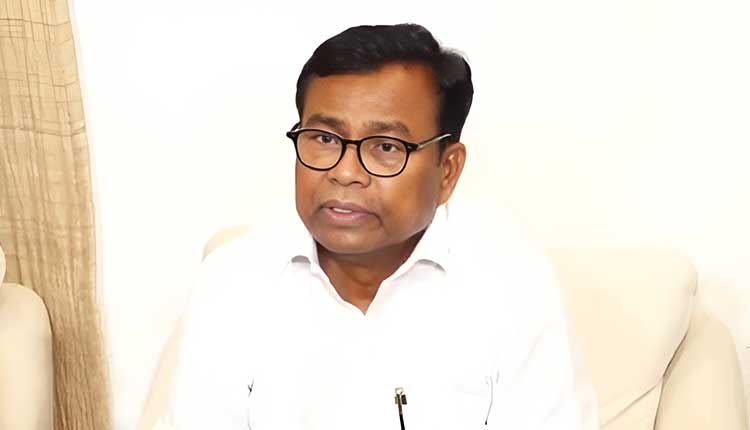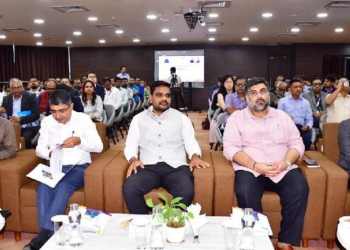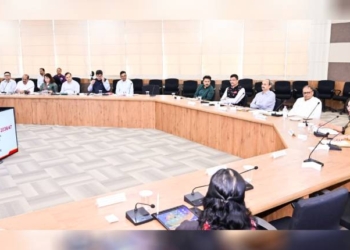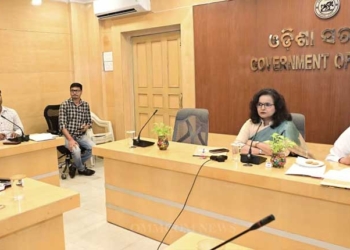Bhubaneswar: Stepping up pressure on the state government over recent incidents of violence against women, the Odisha Pradesh Congress Committee (OPCC) on Tuesday announced a week-long agitation demanding justice in the Balanga minor girl burning case and the alleged suppression of a case involving a female student from Fakir Mohan Autonomous College in Balasore.
Addressing a press briefing, OPCC President Bhakta Charan Das declared that on Friday, August 8, thousands of Congress workers will gherao the Director General of Police’s office in Cuttack starting from 10 AM, demanding immediate arrest of the three accused in the Balanga case. Das appealed to women, civil society members, institutions, and organizations to join the protest in solidarity.
The stir comes after the tragic death of the Balanga minor girl on August 2, following which Das had issued a seven-day ultimatum to the government to act decisively.
In memory of the victim, a ‘Nari Nyaya Padyatra’ (Women’s Justice March) will be held on Sunday, August 10, beginning at 8:30 AM from Bayabara and ending at Nimapara. Das has urged citizens across Odisha to take part in the march to send a strong message on the need for justice and women’s safety.
Another padyatra has been scheduled for August 14 in Balasore, demanding action in the alleged harassment case involving a college student from Fakir Mohan Autonomous College. The march, starting at 9 AM near the college, will see participation from senior Congress leaders and culminate in a city-wide procession. Further details of the protest will be released in due course.
Das also criticized the absence of an FIR in the Balasore case, alleging that pressure from influential individuals has blocked the registration of a complaint. He demanded that those exerting such pressure be named as co-accused in the investigation.
Warning of intensified protests, Das stated that if the state government fails to respond to the demands, the Congress party will launch a statewide police station gherao campaign lasting a week.
















